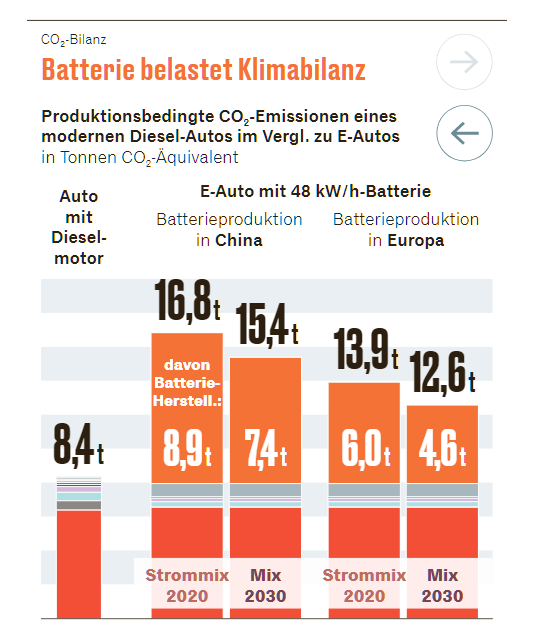
I think climate change should be our international top priority. So why do I help to discredit the recent article in the @guardian about the Arctic methane 'bomb'?
Because:
Truthful arguments last longest.
We should not panic or cower in fear but ACT: we have the solutions.
Because:
Truthful arguments last longest.
We should not panic or cower in fear but ACT: we have the solutions.
https://twitter.com/hausfath/status/1322298916210049025
It's the same reason I attack:
Outdated scenarios like RCP8.5 (too often called baseline/reference)
Nonsense like 'Planet of the Humans'
Lies like EVs/solar/wind solve nothing
Untruth just muddies the waters and makes it harder to act.
Outdated scenarios like RCP8.5 (too often called baseline/reference)
Nonsense like 'Planet of the Humans'
Lies like EVs/solar/wind solve nothing
Untruth just muddies the waters and makes it harder to act.
IF we should give global warming the same priority as e.g. a World War we would soon have it under control.
Of course it is not a 'war' because we only reduce death/suffering and increase prosperity for all. Also the enemy is within so shooting him or her is not a solution.
Of course it is not a 'war' because we only reduce death/suffering and increase prosperity for all. Also the enemy is within so shooting him or her is not a solution.
It's more akin to tackling COVID-19.
And again: if we gave it the same priority we would soon have it under control.
Furthermore: implementing clean, abundant, economic and everlasting energy, mobility and food, takes humanity (and the planet) to a better place.
And again: if we gave it the same priority we would soon have it under control.
Furthermore: implementing clean, abundant, economic and everlasting energy, mobility and food, takes humanity (and the planet) to a better place.
All in all I think we should avoid the scare mongering. It gives people depressions and makes them hopeless which is cruel and achieves nothing.
If we stick to the facts, it's clear we have an urgent problem and workable solutions. Let's implement them asap.
If we stick to the facts, it's clear we have an urgent problem and workable solutions. Let's implement them asap.
By the way: if you want to do a PhD in which you help me to find out how to do that in the fastest and most cost-effective way...
today applications close on 5 PhD positions: see NEONresearch.nl.
And there's a post-doc position opening up if you want to help organise it.
today applications close on 5 PhD positions: see NEONresearch.nl.
And there's a post-doc position opening up if you want to help organise it.
• • •
Missing some Tweet in this thread? You can try to
force a refresh











